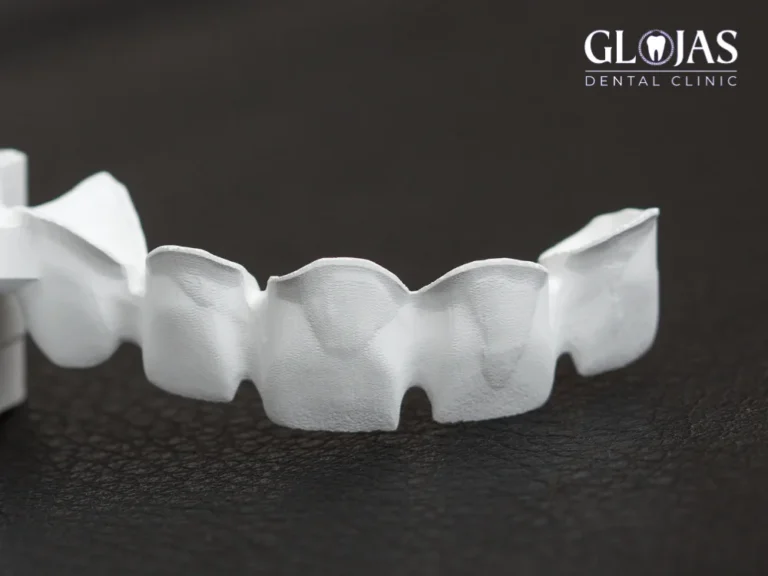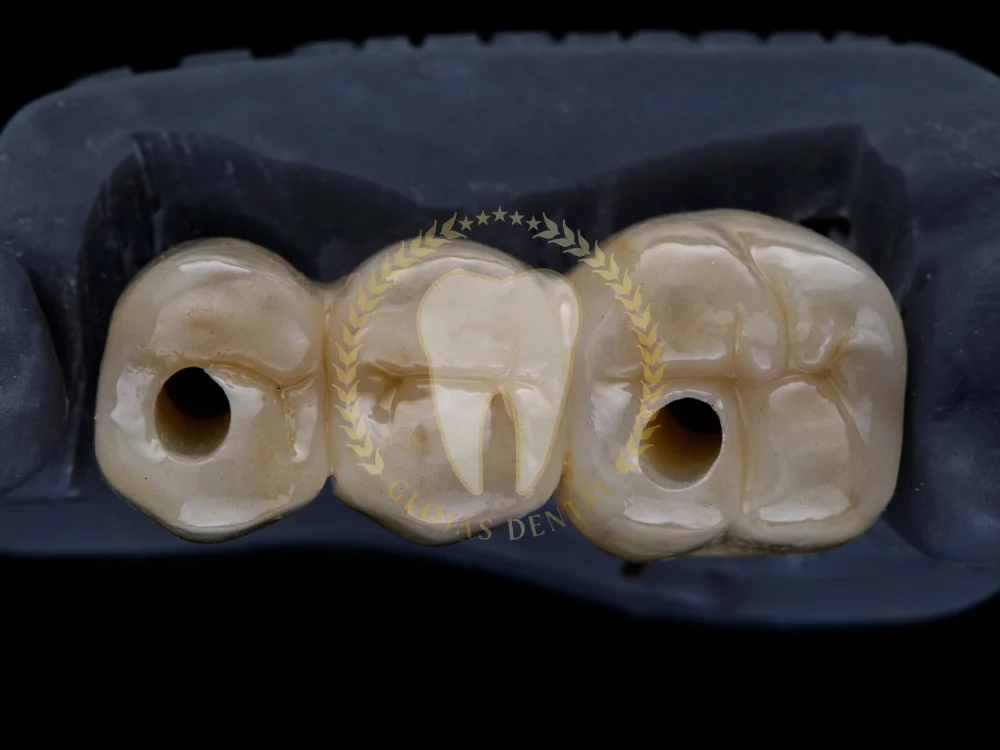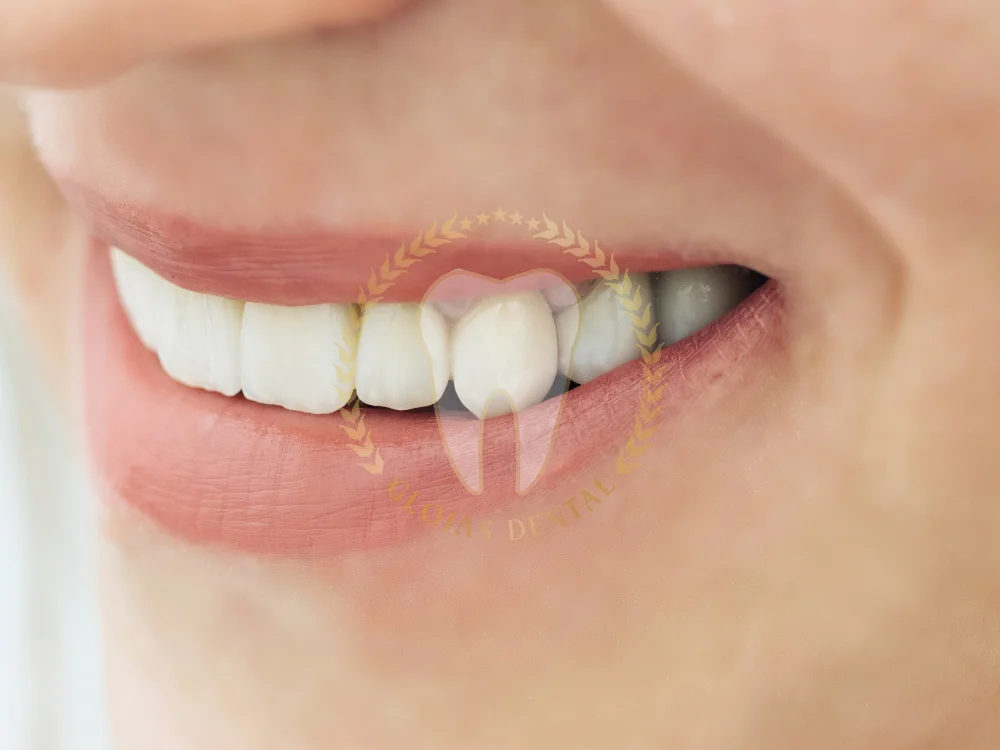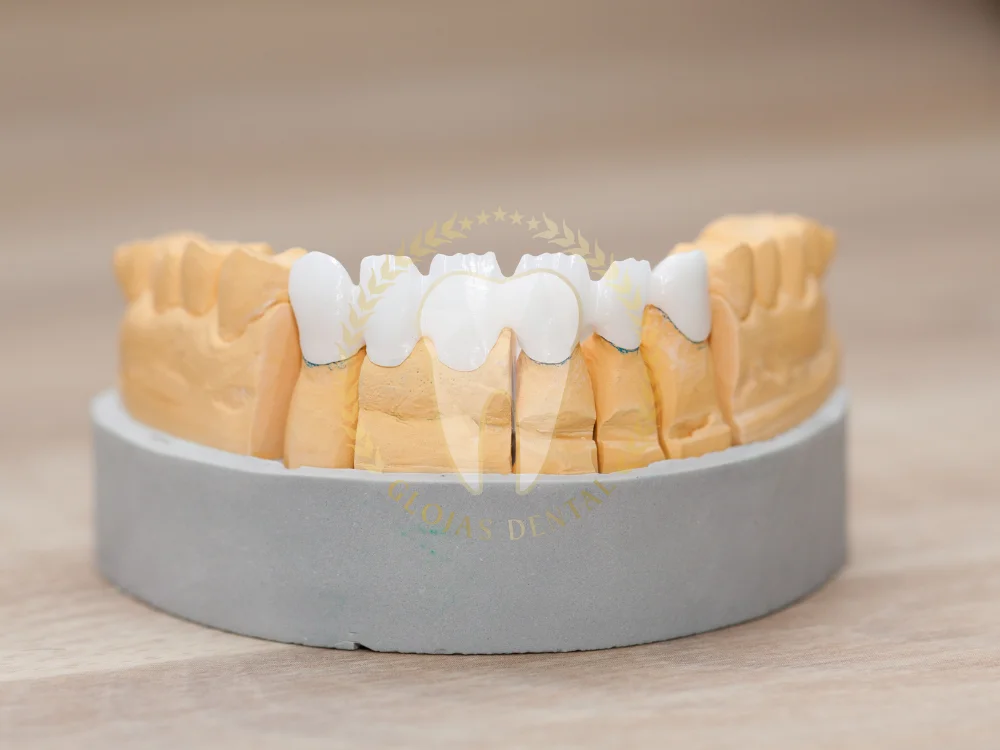Tooth loss can have a significant impact on a person’s quality of life, affecting both oral health and overall well-being. Missing teeth can lead to difficulties in chewing, speaking, and maintaining proper oral hygiene. To address these issues, dental professionals offer a range of restorative solutions, including dental bridges.
Among the various materials used for dental bridges, zirconia has gained popularity due to its exceptional properties. Zirconia bridges offer a durable, aesthetically pleasing, and biocompatible option for restoring missing teeth. In this article, we will explore the advantages of zirconia bridges, the procedure involved, and essential maintenance tips to ensure their longevity and optimal performance.
What Is a Zirconia Bridge?
A zirconia bridge is a dental restoration used to replace one or more missing teeth. Made from zirconium dioxide, a high-strength ceramic, these bridges are renowned for their exceptional durability and lifelike appearance. They are often chosen over traditional materials like porcelain-fused-to-metal (PFM) due to their superior qualities.
Why Choose Zirconia Over Other Materials?
Zirconia stands out for several reasons:
- Strength: Zirconia bridges are resistant to chipping and cracking.
- Aesthetics: The material mimics the translucency of natural teeth, blending seamlessly with your smile.
- Biocompatibility: Hypoallergenic and safe, it’s suitable for patients with metal sensitivities.
Advantages of Zirconia Bridges
1. Superior Strength and Longevity
One of the most remarkable features of a zirconia bridge is its resilience. It can withstand the daily wear and tear of chewing and grinding, making it ideal for both front and back teeth. Unlike PFM bridges, zirconia bridges are not prone to fractures or discoloration.
2. Natural-Looking Aesthetics
Zirconia bridges are designed to replicate the look of natural teeth. Their smooth surface reflects light similarly to enamel, ensuring a flawless, lifelike appearance. This makes them a preferred choice for patients seeking a natural, radiant smile.
3. Biocompatible and Safe
For individuals with allergies or sensitivities to metals, zirconia bridges offer a safe and comfortable solution. The non-metallic nature of zirconia ensures no adverse reactions in the oral cavity.
4. Minimal Maintenance
Caring for a zirconia bridge is straightforward. Regular brushing, flossing, and dental check-ups are sufficient to keep it in top condition. Additionally, zirconia resists plaque accumulation better than many other materials.
5. Stain Resistance
Unlike natural teeth, zirconia bridges do not easily stain from coffee, tea, or tobacco. This means they maintain their pristine appearance for years, making them a low-maintenance option for a long-lasting smile.
Types of Zirconia Bridges
Traditional Zirconia Bridge
This type is used when there are healthy teeth on both sides of the gap to support the bridge. It’s a reliable and cost-effective solution for missing teeth.
Cantilever Zirconia Bridge
Ideal for situations where only one adjacent tooth is available for support. However, it’s typically used for less demanding areas like the front teeth.
Implant-Supported Zirconia Bridge
This type is anchored to dental implants rather than natural teeth. It’s an excellent option for patients missing multiple teeth or those with insufficient natural tooth support.
How Is a Zirconia Bridge Placed?
The process involves multiple steps to ensure a perfect fit and optimal performance:
- Initial Consultation: The dentist evaluates your oral health and discusses the treatment plan.
- Tooth Preparation: Supporting teeth are reshaped to accommodate the bridge.
- Impression Taking: An impression of your teeth is made to create a customized bridge.
- Temporary Bridge: A temporary bridge is placed while the permanent zirconia bridge is crafted.
- Final Placement: The permanent zirconia bridge is securely bonded, and adjustments are made for comfort and fit.
How Much Does a Zirconia Bridge Cost?
The cost of a zirconia bridge varies depending on factors like the number of teeth replaced, the complexity of the procedure, and the dentist’s expertise. On average, you can expect to pay between $1,000 and $3,500 per tooth. While this might seem higher than other options, the durability and aesthetic benefits justify the investment.
Caring for Your Zirconia Bridge
Maintaining your zirconia bridge involves:
- Brushing Twice Daily: Use a soft-bristle toothbrush and fluoride toothpaste.
- Flossing: Clean around the bridge to prevent plaque buildup.
- Regular Dental Visits: Professional cleanings and check-ups ensure the longevity of your bridge.
- Avoiding Hard Foods: While zirconia is strong, excessive force can cause damage.
Potential Drawbacks to Consider
Although zirconia bridges have numerous advantages, they’re not without potential downsides:
- Higher Initial Cost: They are more expensive upfront compared to other materials.
- Challenging Adjustments: Zirconia is harder to modify once fabricated, making precise planning essential.
Who Is a Candidate for a Zirconia Bridge?
A zirconia bridge is suitable for most patients missing one or more teeth. However, good oral health and adequate bone support are critical for successful placement. Your dentist will conduct a thorough assessment to determine your suitability.
Frequently Asked Questions (FAQs)
1. What is the lifespan of a zirconia bridge?
With proper care, a zirconia bridge can last 15–20 years or more, making it a durable option for long-term dental restoration.
2. Is the procedure painful?
The procedure is relatively painless, with local anesthesia ensuring comfort. Post-procedure sensitivity may occur but typically resolves within a few days.
3. Can a zirconia bridge replace multiple teeth?
Yes, zirconia bridges can replace multiple teeth, especially when supported by implants for added stability.
4. Is a zirconia bridge better than porcelain?
While both have their merits, zirconia is stronger and more durable, making it ideal for patients with higher functional demands.
5. How do I clean under a zirconia bridge?
Special floss or an interdental brush can help clean under the bridge, ensuring proper hygiene.
6.Can zirconia bridges be whitened?
No, zirconia bridges cannot be whitened. It’s essential to choose the right shade during fabrication to match your natural teeth.
Conclusion
Zirconia bridges offer a compelling solution for individuals seeking a durable, aesthetically pleasing, and functional replacement for missing teeth. By leveraging advanced dental technology, zirconia bridges provide a natural-looking and long-lasting restoration. When considering a zirconia bridge, it’s crucial to consult with a qualified dentist. They can assess your specific needs, discuss the treatment options available, and guide you through the process. By choosing a skilled dentist and opting for a zirconia bridge, you can enjoy a beautiful, functional, and confident smile for years to come.



